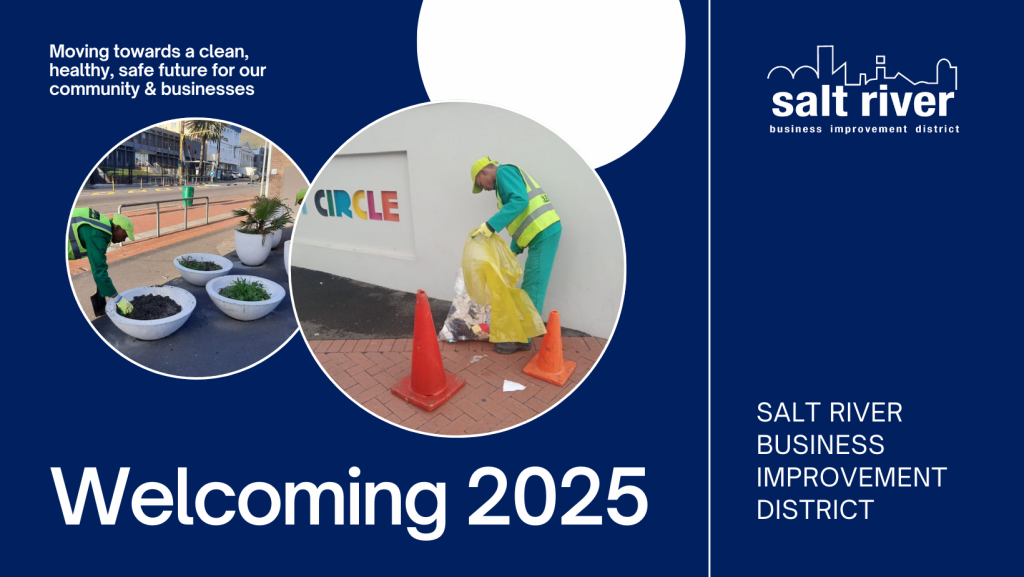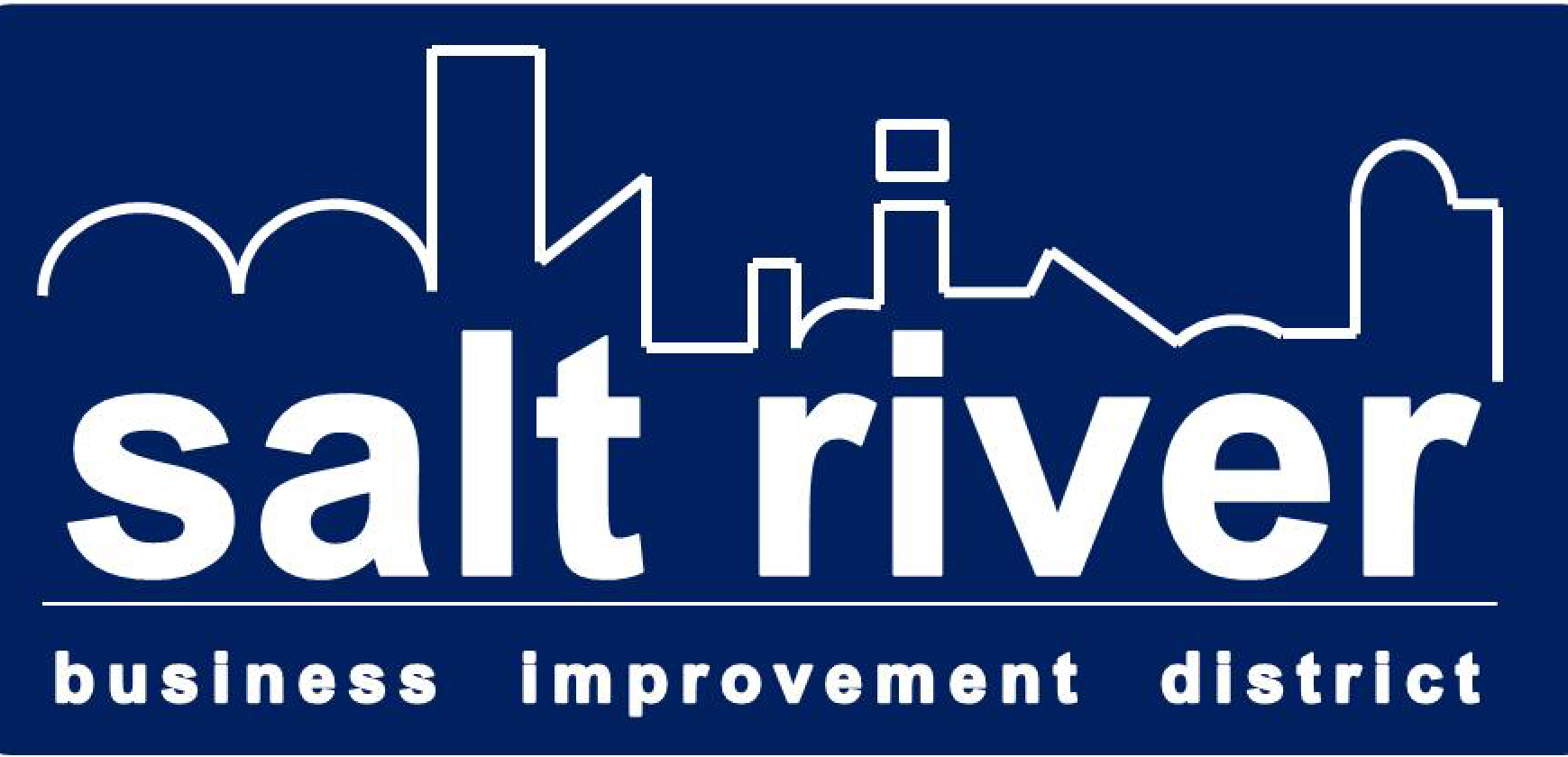safety
-

Summer Safety & Security Tips & Risk Management from SRBID
Welcome to 2025: Strengthening Our City Improvement Districts The SRBID is proud to welcome 2025 with the launch of our redesigned website! We hope you find its functionality much improved as a useful resource for our members, local businesses and wider community. As we settle into 2025, we reaffirm our commitment to maintaining safe, clean…
-

Are You Ready to Go with the Cape Town Winter Flow? Essential Tips for a Smooth Season + Loadshedding Updates from the City
As the chilly and wet winter season approaches, it’s time to prepare ourselves for the unique challenges and delights that it brings. From the brisk air to the rain-soaked streets, Cape Town winter demands our attention and readiness. Here, we explore practical tips to help you navigate the winter months with ease. From maintaining your…
